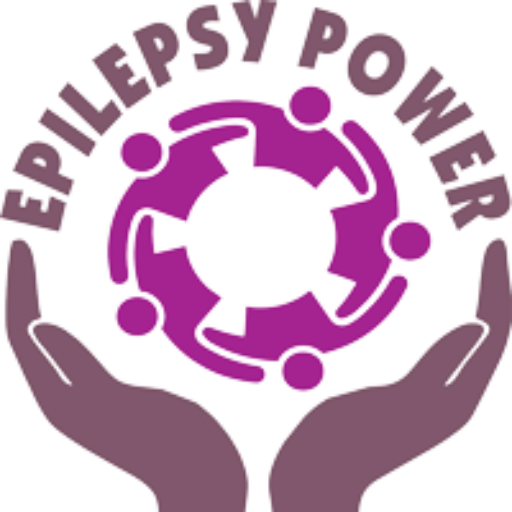- Introduction
- Section 1: Understanding Epilepsy
- Section 2: Promoting Awareness
- Section 3: Effective Communication Strategies
- Section 4: Self-Advocacy
- Concluding Remarks
- Quiz
Total Participants: 16
N. of issued certificate: 5
Clear and effective communication is vital in ensuring that co-workers understand the needs and preferences of individuals with epilepsy. Implementing these strategies can facilitate smooth interactions.
Disclosing
Deciding whether or not to disclose epilepsy to co-workers is a personal choice that should be based on your comfort level and the need for accommodation. There are both benefits and potential challenges associated with disclosure. Here are some points to consider:
a. Benefits of Disclosure
Promoting understanding: Openly discussing epilepsy can help raise awareness and understanding among co-workers, dispelling any myths or misconceptions they may have about the condition.
Reducing stigma: By sharing personal experiences, you can help reduce the stigma often associated with the condition and other invisible disabilities in the workplace.
Receiving support: Disclosing epilepsy can lead to a more supportive work environment, where co-workers are better equipped to provide assistance if needed during a seizure or understand any specific challenges people with epilepsy face.
b. Challenges of Disclosure:
Privacy concerns: It’s possible that you might be concerned about your privacy and fear potential discrimination or judgment if you disclose your condition.
Misunderstanding: There is a possibility that despite efforts to educate, some co-workers may still not fully understand epilepsy, leading to unintended insensitivity or awkwardness.
Professional perception: Unfortunately, in some workplaces, disclosing a medical condition may lead to unjust biases or misconceptions about your capabilities, even though these assumptions are unwarranted.
Ultimately, the decision to disclose epilepsy should be based on the specific work environment, the individual’s level of comfort, and the potential benefits it may bring in terms of accommodation and understanding.
Check our Epilepsy Ireland’s booklet on How2Tell
https://www.epilepsy.ie/sites/www.epilepsy.ie/files/How2tell_BOOKLET.pdf
Asserting
Developing assertiveness skills is essential for people with epilepsy to express their needs and preferences confidently and effectively. Sometimes, you may face challenges in communicating your requirements due to fear of judgment, stigmatization, or being perceived as a burden. Assertiveness training can help you overcome these barriers by teaching them how to clearly and respectfully articulate their needs while maintaining a positive and constructive attitude.
Through assertiveness training, you can learn how to set boundaries, express concerns, and request reasonable accommodations when necessary. You can also practice saying “no” to tasks or situations that may exacerbate their condition without feeling guilty. By mastering these skills, you can navigate workplace interactions more smoothly, foster better communication, and reduce misunderstandings with co-workers and supervisors.
Promoting Empathy
Encouraging co-workers to put themselves in the shoes of a person with epilepsy can be a useful communication tool. It highlights how empathy involves not only understanding the challenges faced and helps people to be more supporting and flexible.
Clear and effective communication is vital in promoting understanding, empathy, and a supportive work environment for people with epilepsy. By carefully considering the disclosure of epilepsy, communicating assertively when necessary, and actively educating co-workers, workplaces can become more inclusive and empowering spaces for all employees.
